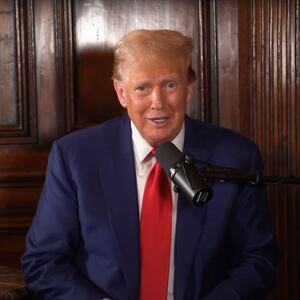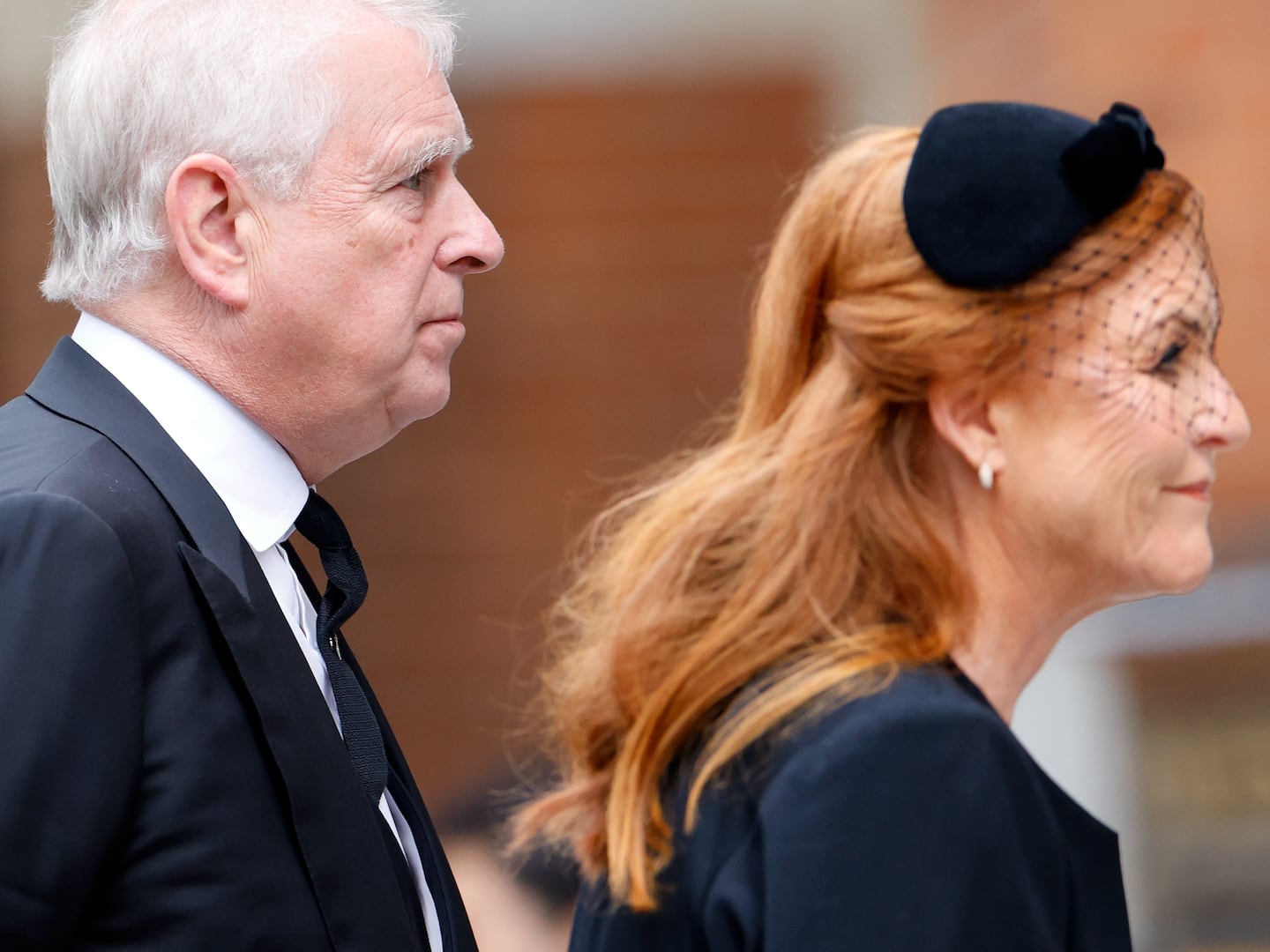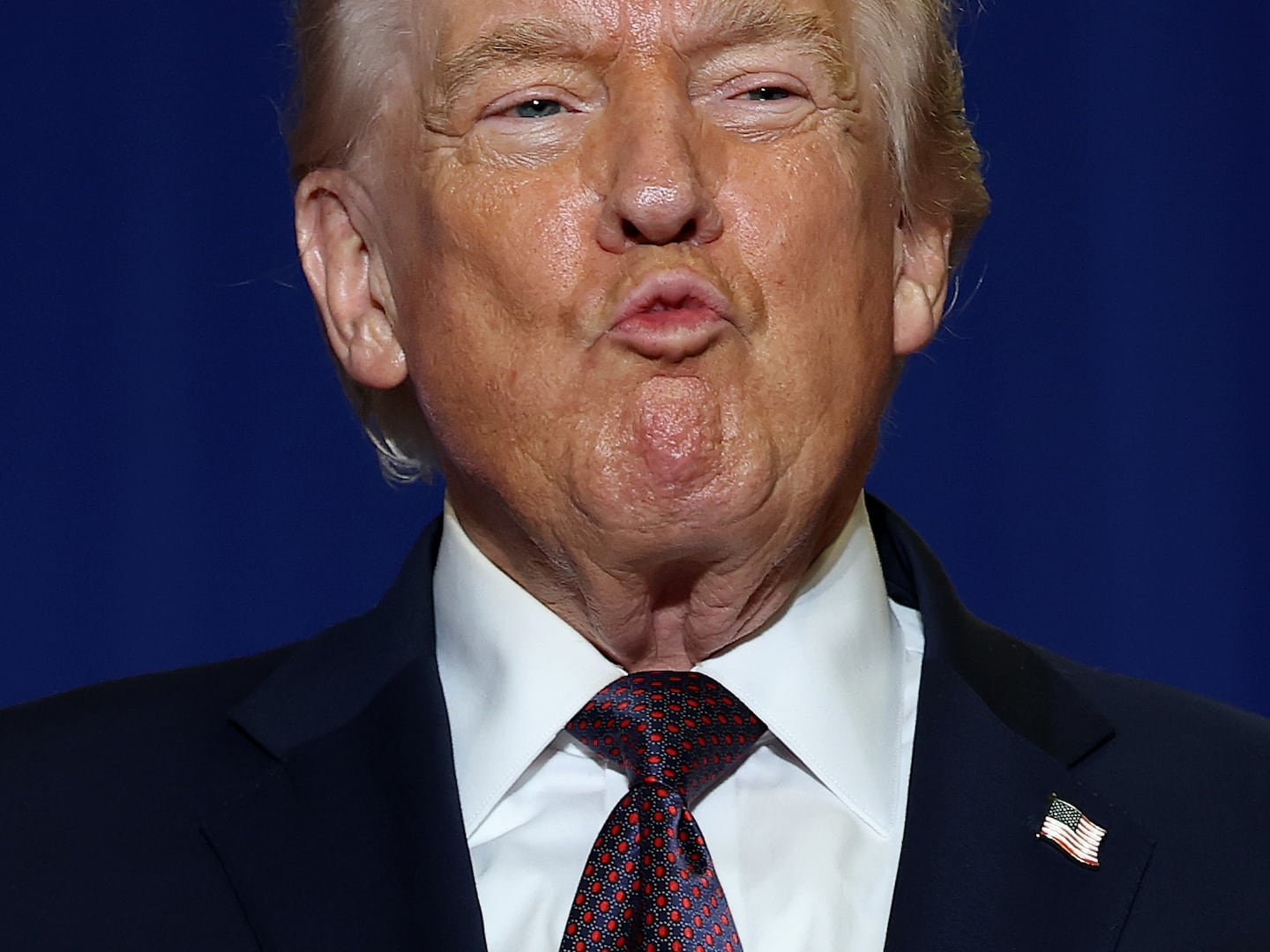The world premiere of the first feature film written entirely by artificial intelligence is no longer going ahead after the theater set to screen the movie canned the event following a slew of complaints, the movie’s director told The Daily Beast.
The first public showing of The Last Screenwriter—which was written by ChatGPT—was scheduled to take place at The Prince Charles Cinema in London on Sunday night. But the director, Peter Luisi, says he was informed on Tuesday that the theater was canceling after they received 200 complaints about the event.
A listing for the event is still visible on the theater’s website as of Tuesday afternoon, but the details and poster have since been deleted (The Daily Beast also received an email confirming that the event had been canceled and tickets had been refunded, though it did not provide an explanation as to why). A post on the theater’s X account advertising the now-axed premiere has also been removed—though several outraged tweets replying to the original post remain.
Luisi, the Swiss filmmaker who directed the movie, says he was told by the theater that they had received around 40 complaints after the first post promoting the film. “And then this morning [Tuesday] they said overnight they had another 160 people complaining, so they had to cancel the screening,” Luisi told The Daily Beast. “I was totally surprised, I didn’t expect that.”
The Daily Beast has contacted The Prince Charles Cinema for comment.
The Last Screenwriter tells the story of Jack, a successful screenwriter, and his experience using an astonishingly impressive AI-powered scriptwriting system. The screenplay for the film—including its plot, characters, and every word of dialogue—was written by ChatGPT, OpenAI’s paradigm-shifting chatbot.
Luisi says the idea for the film was his and began with a simple prompt: “Write a plot to a feature length film where a screenwriter realizes he is less good than artificial intelligence in writing,” according to the movie’s website. From there, he instructed ChatGPT to name characters, produce outlines, and write scenes for the film which were then selected and occasionally shortened. He wanted to get an answer to the question: “How good can a movie be that was written by AI?”
“There’s been so many movies done where [it’s] like ‘man versus machine.’ In all of these movies, a human imagined how this scenario would be, and this is like the first movie where, not the human, but the AI imagined how this would be,” Luisi tells The Daily Beast. He says when he showed actors the final result, they were “astonished how good the screenplay is.” “They almost couldn’t believe it,” Luisi says. “Which is also still my response.”
All the same, he was aware that he was wading into a controversial subject at an acutely sensitive time. The potential risks AI poses to the movie business figured prominently in last year’s Hollywood strikes, with writers demanding better protections as the rapidly-advancing technology became, for the first time, a legitimate threat to their livelihoods. And it’s not just writers—some horror fans lashed out at the makers of Late Night With the Devil for including AI-generated images in the film, while production company A24 similarly came under fire recently for using the tech for some promotional posters for Civil War.
But Luisi says he thinks his not-for-profit film, which will be released online for free on July 11, has been somewhat misunderstood by its early detractors.
“I think people don’t know enough about the project,” he says. “All they hear is ‘first film written entirely by AI’ and they immediately see the enemy, and their anger goes towards us. But I don’t feel like that way at all. I feel like the film is not at all saying ‘this is how movies should be.’”
As well as releasing the full movie for free, Luisi intends to make the screenplay available to download along with documentation showing in detail how ChatGPT wrote its first feature film.
“If screenwriters take the time to watch the movie and read about the process and why we did this film, I can’t imagine they’ll condemn us or me because I’m one of them,” Luisi says. “I could probably make a lot of money with this movie but I’m choosing not to because I don’t want people to say: ‘You’re profiting from our misery and you’re using this as a marketing tool to make money.’ I want to do this as a contribution to the cause.”
He’s also resolved to stay on schedule with the premiere this weekend, even if it won’t be happening in a London theater anymore. “We’ll still hold the premiere on Sunday because I mean everybody’s ready and we’ve booked our flights and all that, but it won’t be in public,” he says. “It will just be our premiere, I guess.”
One upside: Luisi says after he learned of the initial complaints, he feared the first screening of his movie would see “people throwing tomatoes at us and being in the premiere and sabotaging it by booing throughout the whole movie.” Now, in a way, I’m a bit relieved,” he says.
The question also remains as to how innocent The Last Screenwriter may yet look a few years down the line if it becomes possible to create films entirely with AI. Luisi’s film required humans to prompt, edit, and then shoot its script using a professional movie crew and real, living actors. What happens to filmmakers when an AI tool comes along that can instantly create a totally original film perfectly tailored to its viewer’s taste, without any meaningful human input?
“I don’t know if it will be possible—but it might be,” Luisi says. “And it definitely is a threat. I feel that myself.” In the meantime, he adds, there’s no sense in hoping AI will disappear.
“It is here, and it’s here to stay,” Luisi says. “We just have to deal with it. We can’t ignore it, as much as we would like to.”







